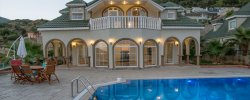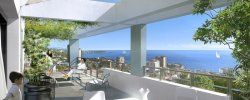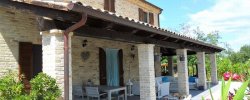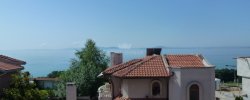Foreign Price
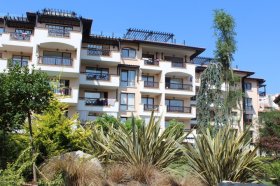
German secondary
The real-estate market in Germany, unlike in most European countries, was virtually unaffected by the 2008 economic crisis. For the past five to seven years, there have been extensive sales and purchases of virtually all types of facilities.
Moreover, demand is growing. The Germans used to be classified as hard-core tenants, they preferred not to connect themselves to the specific housing until they were rebuilt. However, with each year they increasingly choose to buy, not only for living, but also for investment. Foreigners compete with indigenous people under the last paragraph.
 Despite high demand, access remains available. The prices in small cities are surprising. From me,300 for the Quadrat is a good practice for the richest country in Europe. For that money, you'll get an apartment in a living condition located in a model house with a 30-year history somewhere in East Germany. It is not difficult to buy housing at a UV cost, and offers are regularly presented. The truth is what to do with this real estate is a separate question.
Despite high demand, access remains available. The prices in small cities are surprising. From me,300 for the Quadrat is a good practice for the richest country in Europe. For that money, you'll get an apartment in a living condition located in a model house with a 30-year history somewhere in East Germany. It is not difficult to buy housing at a UV cost, and offers are regularly presented. The truth is what to do with this real estate is a separate question.
The other price pole of the secondary market is apartments in the renovated neighbourhoods of German megapolis.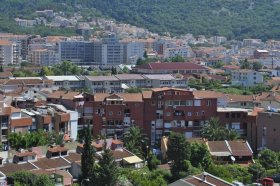 The so-called Altbau (for such real property, Germans have a special term) is buildings with architectural and historical value located in the most prestigious areas. Prices are different here. In Berlin, for example, from Y4000 a m2.
The so-called Altbau (for such real property, Germans have a special term) is buildings with architectural and historical value located in the most prestigious areas. Prices are different here. In Berlin, for example, from Y4000 a m2.
On average, secondary apartments are a little cheaper than new ones. In Hanover, it's time to focus on Y1200 a.m., Derezden, I'm 1400, Dusseldorf, I'm 1800, Berlin, Hamburg, I2500. Well, Germany's most expensive city is Munich. Here, the prices start from Ja4500 for the Quadrat.
Secondary of Bulgaria
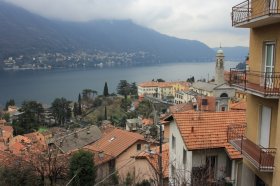 Since the beginning of the twentieth century, the Bulgarian coast, which is mainly concerned by foreigners, has been actively built. Much to thank foreign buyers. The British, who were the first to deal cheap to them; the Russians who replaced them after the 2008 crisis; the Ukrainians, Poles, Germans and others who continue to deal today.
Since the beginning of the twentieth century, the Bulgarian coast, which is mainly concerned by foreigners, has been actively built. Much to thank foreign buyers. The British, who were the first to deal cheap to them; the Russians who replaced them after the 2008 crisis; the Ukrainians, Poles, Germans and others who continue to deal today.
With a view to foreign demand, large-scale construction of residential complexes by the sea was carried out. First, cracked resorts were erected, then new areas were developed. Often, the houses were designed only to live in a warm period, the owners travelled in the summer, bought and rested and then returned to their countries and left Bulgarian housing empty.
After a few years of possession, many people began to sell apartments. One needed money, the other was "played," and the third, decided to change a broken studio to a simpler place... This is how a large market for a new Bulgarian incursion has emerged.
